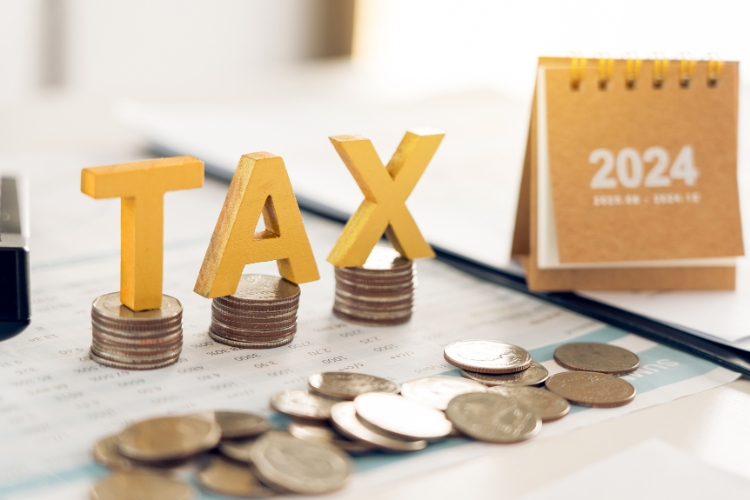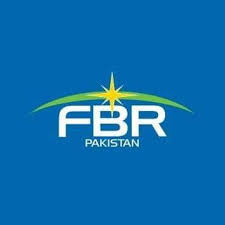Introduction:
Registering a foreign company in Pakistan can provide numerous opportunities for international businesses seeking to expand their operations in the country. Pakistan’s strategic geographical location, growing economy, and business-friendly policies make it an attractive destination for foreign investments. This guide aims to provide a detailed overview of the process and requirements for registering a foreign company in Pakistan.
Definition:
Registering a foreign company in Pakistan refers to the legal process by which an overseas entity establishes a presence and conducts business activities within the country’s jurisdiction. It involves complying with the applicable laws, regulations, and procedures set forth by the relevant Pakistani authorities.
Key Steps and Requirements for Registering a Foreign Company in Pakistan:
Determine the Business Structure:
Foreign companies can choose from different business structures when registering in Pakistan, including a subsidiary, branch office, liaison office, or joint venture. Each structure has its own specific requirements and implications. The choice depends on factors such as the nature of business operations, the level of control desired, and liability considerations.
Name Clearance:
Before registering a foreign company, it is crucial to obtain clearance for the proposed name from the Securities and Exchange Commission of Pakistan (SECP). The name should comply with the SECP’s guidelines, ensuring it is not identical or too similar to an existing company name.
Appointment of Local Agent:
Foreign companies must appoint a local agent or representative who will act as the company’s liaison with the Pakistani authorities. The agent should be a resident of Pakistan and can be an individual or a corporate entity.
Registration with the SECP:
The next step is to submit the required documents to the SECP. These documents include a duly completed application form, a copy of the company’s memorandum and articles of association, and the company’s registration certificate from the home country.
Obtain Necessary Approvals and Permissions:
Depending on the nature of the business, foreign companies may require additional approvals or permissions from specific government departments or regulatory bodies. For example, sectors such as banking, telecommunications, energy, and pharmaceuticals have specific regulatory requirements that need to be fulfilled.
Tax Registration:
Foreign companies must register with the Federal Board of Revenue (FBR) for tax purposes. They need to obtain a National Tax Number (NTN) and register for Sales Tax and Income Tax, as applicable.
Opening a Bank Account:
Foreign companies are required to open a bank account in Pakistan to facilitate their business transactions. The bank will need the company’s registration documents, proof of address, and other necessary identification documents.
Employment and Labor Compliance:
Foreign companies must comply with Pakistani labor laws and regulations when hiring local employees. This includes obtaining necessary work permits and ensuring compliance with minimum wage requirements, social security contributions, and other labor-related obligations.
Case Studies:
Case Study 1: Nestle Pakistan
Nestle, a Swiss multinational food and beverage company, entered the Pakistani market by establishing its subsidiary, Nestle Pakistan Limited. The company complied with all legal requirements, including registration with the SECP and obtaining necessary business permits. Nestle Pakistan has since become a prominent player in the country’s food industry, contributing to economic growth and creating job opportunities.
Case Study 2: Standard Chartered Bank
Standard Chartered Bank, a British multinational banking and financial services company, has been operating in Pakistan for over 150 years. The bank initially established a branch office in Karachi and subsequently expanded its presence across the country. Standard Chartered Bank complied with all regulatory requirements, including obtaining the necessary licenses from the State Bank of Pakistan, to operate as a foreign bank in the country.
Conclusion:
Registering a foreign company in Pakistan offers significant growth prospects for international businesses. While the process may involve navigating legal complexities and fulfilling specific requirements, the government of Pakistan has implemented measures to facilitate foreign investment. By carefully adhering to the registration process outlined by the relevant authorities, foreign companies can establish a solid presence in Pakistan, contribute to the country’s economy, and leverage the numerous opportunities it offers.
It is important for foreign companies to seek professional guidance and legal assistance throughout the registration process to ensure compliance with all regulations and requirements. Engaging the services of a reputable law firm or consultancy with expertise in foreign company registration in Pakistan can help streamline the process and minimize potential challenges.
Moreover, foreign companies should conduct thorough market research and feasibility studies to assess the viability of their business in Pakistan. Understanding the local market, consumer preferences, cultural nuances, and competitive landscape is essential for long-term success.
In conclusion, registering a foreign company in Pakistan presents significant prospects for international businesses looking to expand their operations. With its favorable investment climate, strategic location, and growing economy, Pakistan offers a wide range of opportunities across various sectors. By following the step-by-step registration process, fulfilling legal requirements, and complying with relevant regulations, foreign companies can establish a strong foothold in Pakistan and tap into its potential for growth and profitability.




